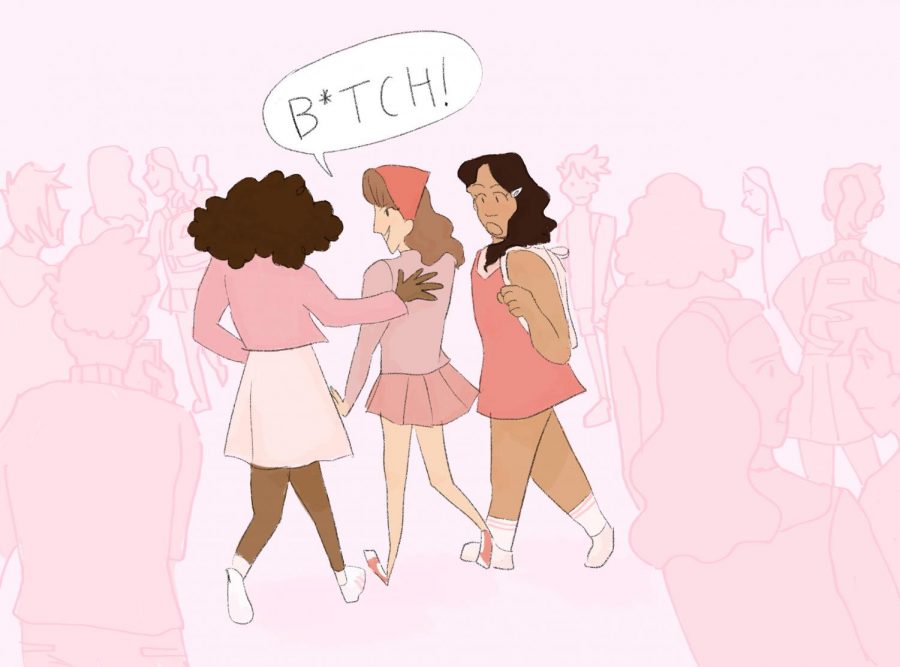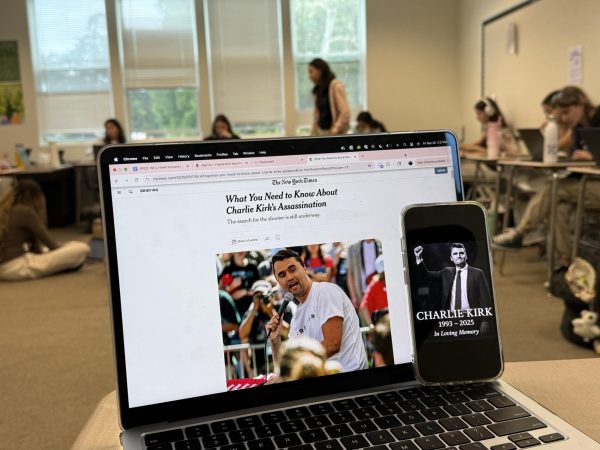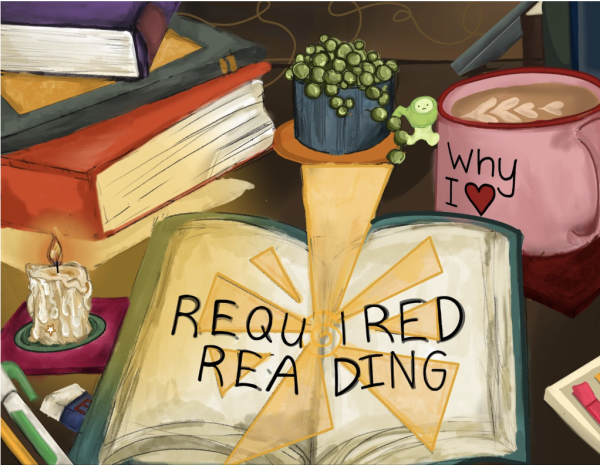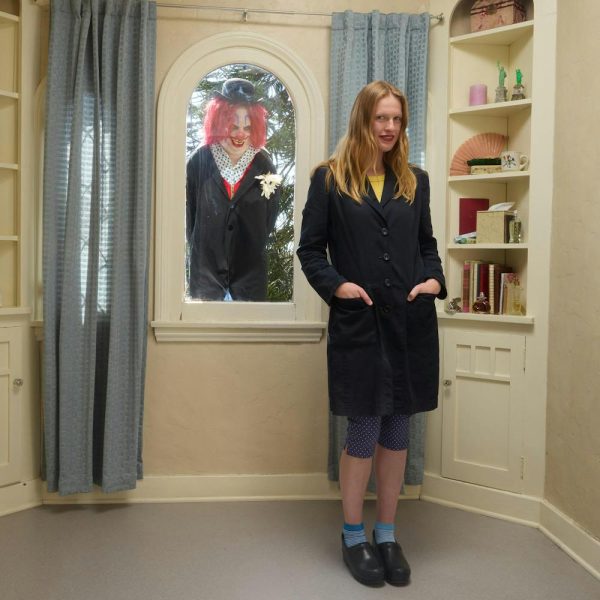Opinion: The Powerful B*tch: How the “Curse Word” is Actually a Compliment
Jacqueline L.
When I started high school, I lost count of the number of curse words I heard on a daily basis. I didn’t expect to hear “bitch” a lot, but I was surprised by the number of times that word casually came up in conversation. At Westridge, we focus on empowering young women, so I didn’t expect to hear the word as often as I did.
Through the years, the word “bitch” has evolved from a demeaning word that discredits women to a feminist term of endearment that unifies them. There are also different ways to use it. For example, bitchin’, as in doing amazing things, and to bitch, as in to complain. Feminists started to reappropriate “bitch” around the 1990s. Elizabeth Wurtzel wrote the book Bitch: In Praise of Difficult Women in 1998. Lisa Jervis and Andi Zeisler founded Bitch magazine in 1996, and when asked why they chose that name, they explained how “it would be great to reclaim the word ‘bitch’ for strong, outspoken women, much the same way that ‘queer’ has been reclaimed by the gay community.”
People use the word as an insult, but changing your perspective and not letting it get to you is the perfect way to annoy them. As Andi Zeisler from The New Yorker puts it in the article “The Bitch America Needs,” “You can be too loud, too ambitious, too emotional, not emotional enough. You can say things and do things that are still considered the exclusive realm of white men.”. Being a bitch has turned from being a pain in the ass to being a thorn in the side of a patriarchal society.
During an interview about her bill to ban the word “bitch,” Councilwoman Darlene Mealy of Brooklyn argued that the word creates “a paradigm of shame and indignity” for women, no matter the connotation. She says that it’s bad if women call each other bitches because it’s still degrading. But if we change the definition, then it doesn’t have to be degrading. Bad words are only “bad” because we teach the next generation that they are bad. If the word means the woman is assertive and powerful, then why would we use it as an insult?
In Kate Figes article for The Guardian titled “Who are you calling a bitch?,” she defends the word: “We become the bitch, the bad girl, when we want more, when we are not prepared to make do with what we have and when being heard is more important than being liked.” There is a certain empowerment from turning a stupid, sexist insult into one of the highest compliments for women. But I guess if you don’t agree with me, feel free to bitch away.
Works Cited:
Wong, Kristin. “The Case for Cursing.” The New York Times, The New York Times, 27 July 2017, www.nytimes.com/2017/07/27/smarter-living/the-case-for-cursing.html.
Triska, Zoë “DON’T Say This Word To A Woman.” HuffPost, HuffPost, 7 Dec. 2017, www.huffpost.com/entry/post_4332_b_2526243?guccounter=1&guce_referrer=aHR0cHM6Ly93d3cuZ29vZ2xlLmNvbS8&guce_referrer_sig=AQAAAIb2we7dMgLq_M-S4PS61ndbMTcfXmPXGvdK2PSwW9gIFVgqEzQSxxkHHexcl6EOhJVIoq05Q3rzeEUX5NQTM0Bp9KemCI-PJVRYDm9bAWapUlBiOKCfRTdGRsmxCSWLTp1LPCEe9Bn8YILpAdJxVrewqvC1Y6hZXYNgGRIQZwsx.
Pardes, Arielle. “The Evolution of the Bitch.” Vice, 9 Sept. 2014, www.vice.com/en_us/article/ppmx3m/the-evolution-of-the-bitch-905.
Powers, Ann. “Who You Calling A B–?” NPR, NPR, 6 Sept. 2012, www.npr.org/sections/therecord/2012/09/06/160672019/who-you-calling-a-b.
Pesca, Mike. “New York City May Ban Certain Words.” NPR, NPR, 8 Aug. 2007, www.npr.org/templates/story/story.php?storyId=12590979.
Figes, Kate. “Kate Figes on Calling a Woman a Bitch.” The Guardian, Guardian News and Media, 26 Jan. 2007, www.theguardian.com/books/2007/jan/26/gender.society.




























![Dr. Zanita Kelly, Director of Lower and Middle School, pictured above, and the rest of Westridge Administration were instrumental to providing Westridge faculty and staff the support they needed after the Eaton fire. "[Teachers] are part of the community," said Dr. Kelly. "Just like our families and students."](https://westridgespyglass.org/wp-content/uploads/2025/03/dr.-kellyyy-1-e1748143600809.png)



























